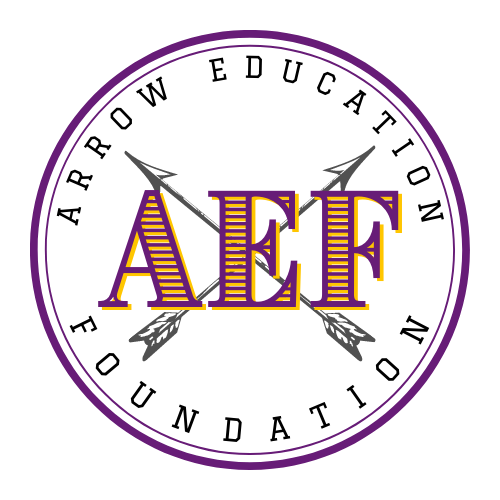Skip to content
Show submenu for About AEF
Show submenu for HARVEST 2025
HARVEST 2025
1 Thousand Dollar Bill
Donate
Show submenu for Scholarships
Show submenu for Education Grants & Professional Development
Education Grants & Professional Development
Show submenu for Reunions
Reunions
Newsletters
Show submenu for
